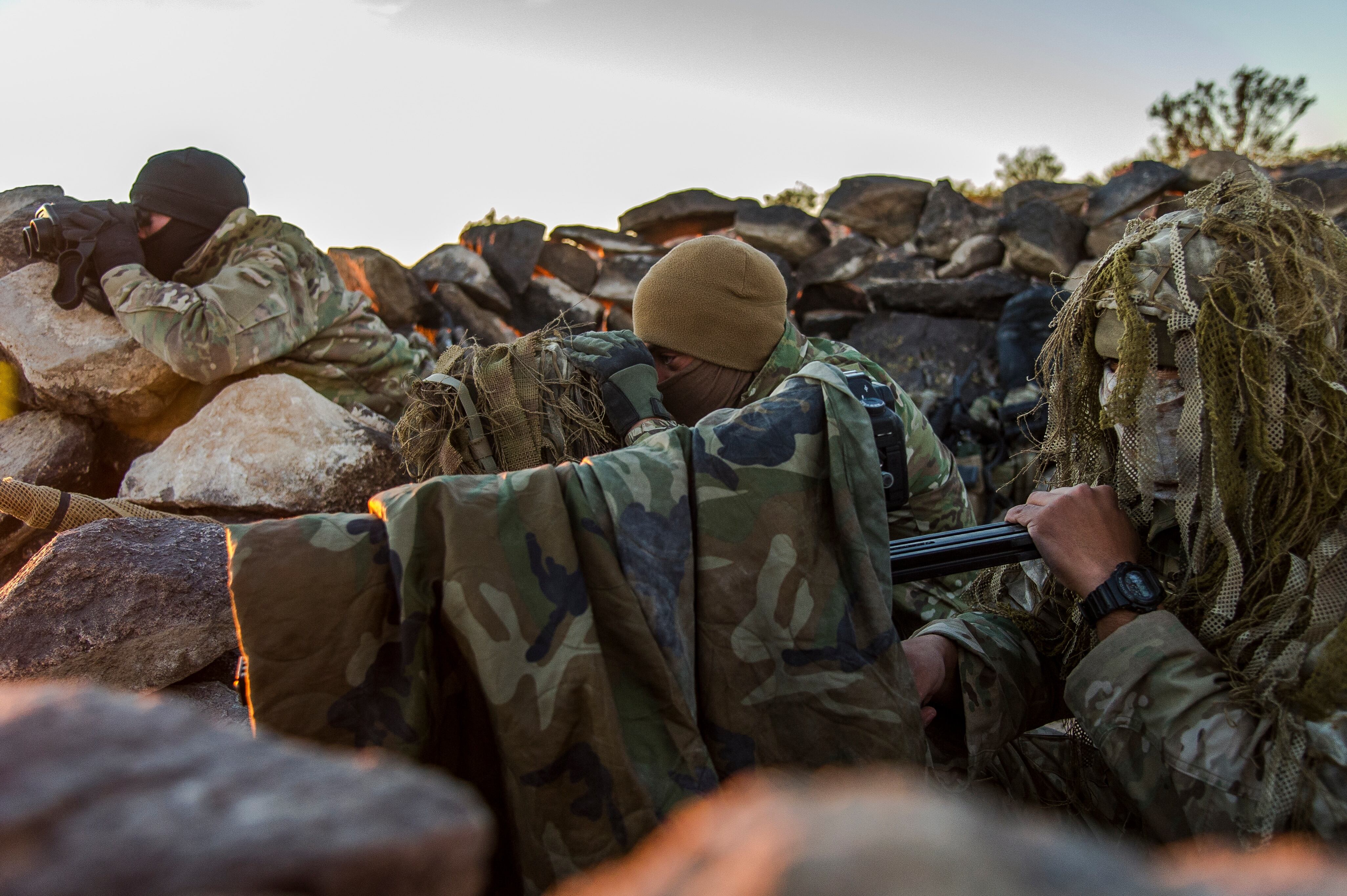The next commander in chief needs to give special operations forces more resources or fewer missions to avoid burning out the skilled specialists, defense officials warn in a new report by a security think tank.
The report from CNA, a Virginia-based research and analysis organization, is based on anonymous interviews with six former special operations commanders, a former assistant Secretary of Defense, and "dozens of active duty special operations forces."
Group officials said the goal is to provide guidance and recommendations for the next administration on how to manage the approximately 70,000 special operations personnel, who have seen a dramatic rise in funding and staffing in recent years, but also an even larger role in overseas fights.
"SOF have shouldered a heavy burden in carrying out these missions, suffering a high number of casualties over the last eight years and maintaining a high operational tempo that has increasingly strained special operators and their families," the report states.
"The next president will inherit an increasingly complex security environment and a trendline of increased reliance on SOF."
To ease some of that burden, individuals interviewed by researchers suggested shifting some special operations forces roles to the other service specialists.
"Teaching foreign militaries rudimentary skills such as shooting in straight lines at short distances may be more fitting a task for (general purpose forces) to handle," the report states.
"Another example is the provision of snipers … While some situations required the capabilities that SOF snipers have, there were other situations that (general purpose forces) snipers could have handled, if (officials) had sent more personnel through sniper school and developed a greater capacity in this area."
Without those types of changes, commanders of special forces will need more personnel and equipment to handle the bigger workload, researchers say. That could include more transfers and "alternative career paths" to move highly-skilled troops or civilians into the SOF community.
Individuals involved in the project said they hope that includes greater recruitment of minorities and women into special forces roles, but without lowering standards to qualify for those posts.
The group also complained of "micromanaging" from Washington, D.C., and petitioned for a larger role in military leadership, to better voice their concerns and priorities. Ideally, that would include placing a special operations forces general officer on the National Security Council Staff as an advocate for the community.
The full report is available on the CNA website. Follow @LeoShane
Leo Shane III covers Congress, Veterans Affairs and the White House for Military Times. He can be reached at lshane@militarytimes.com .
Leo covers Congress, Veterans Affairs and the White House for Military Times. He has covered Washington, D.C. since 2004, focusing on military personnel and veterans policies. His work has earned numerous honors, including a 2009 Polk award, a 2010 National Headliner Award, the IAVA Leadership in Journalism award and the VFW News Media award.




